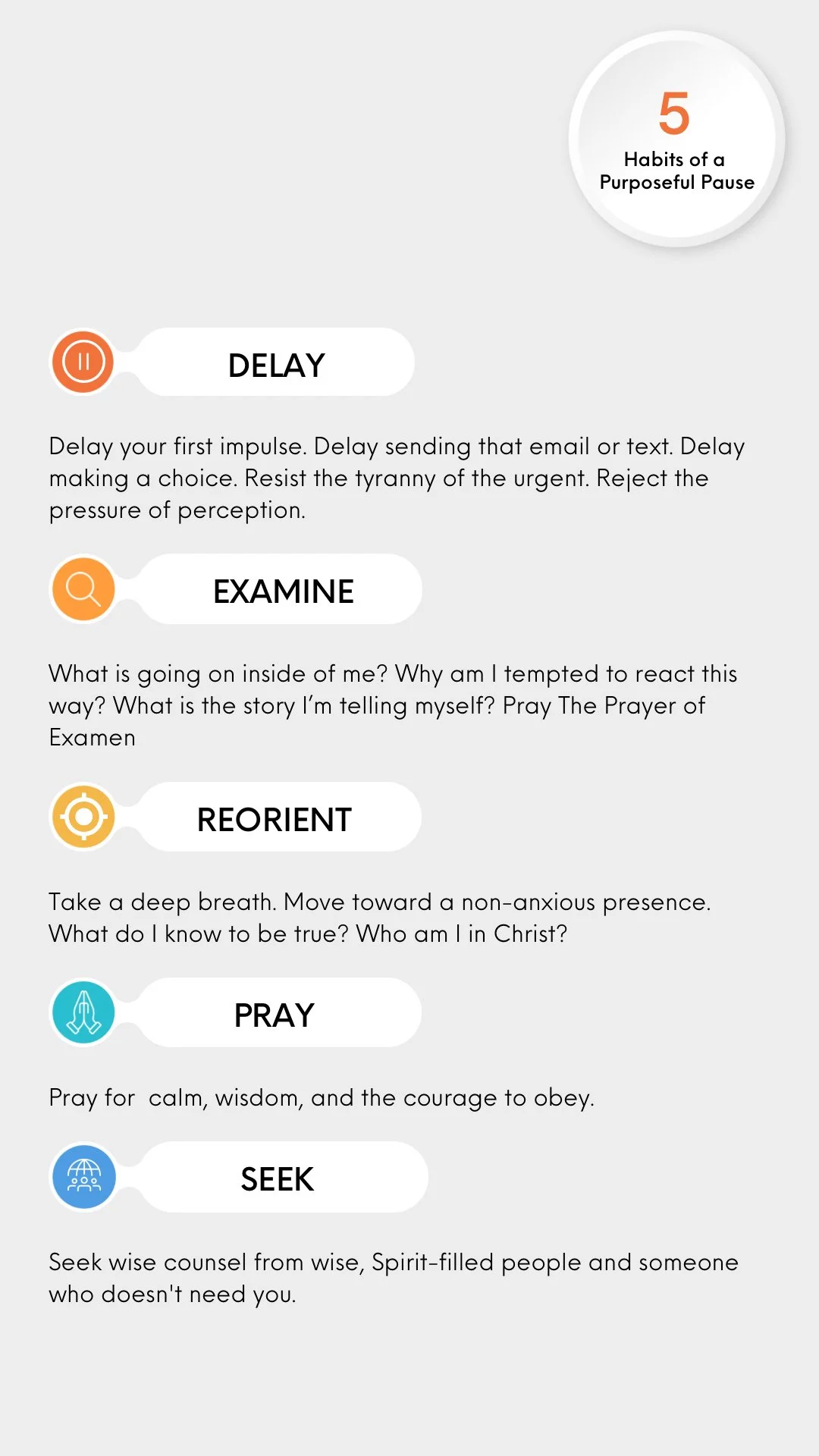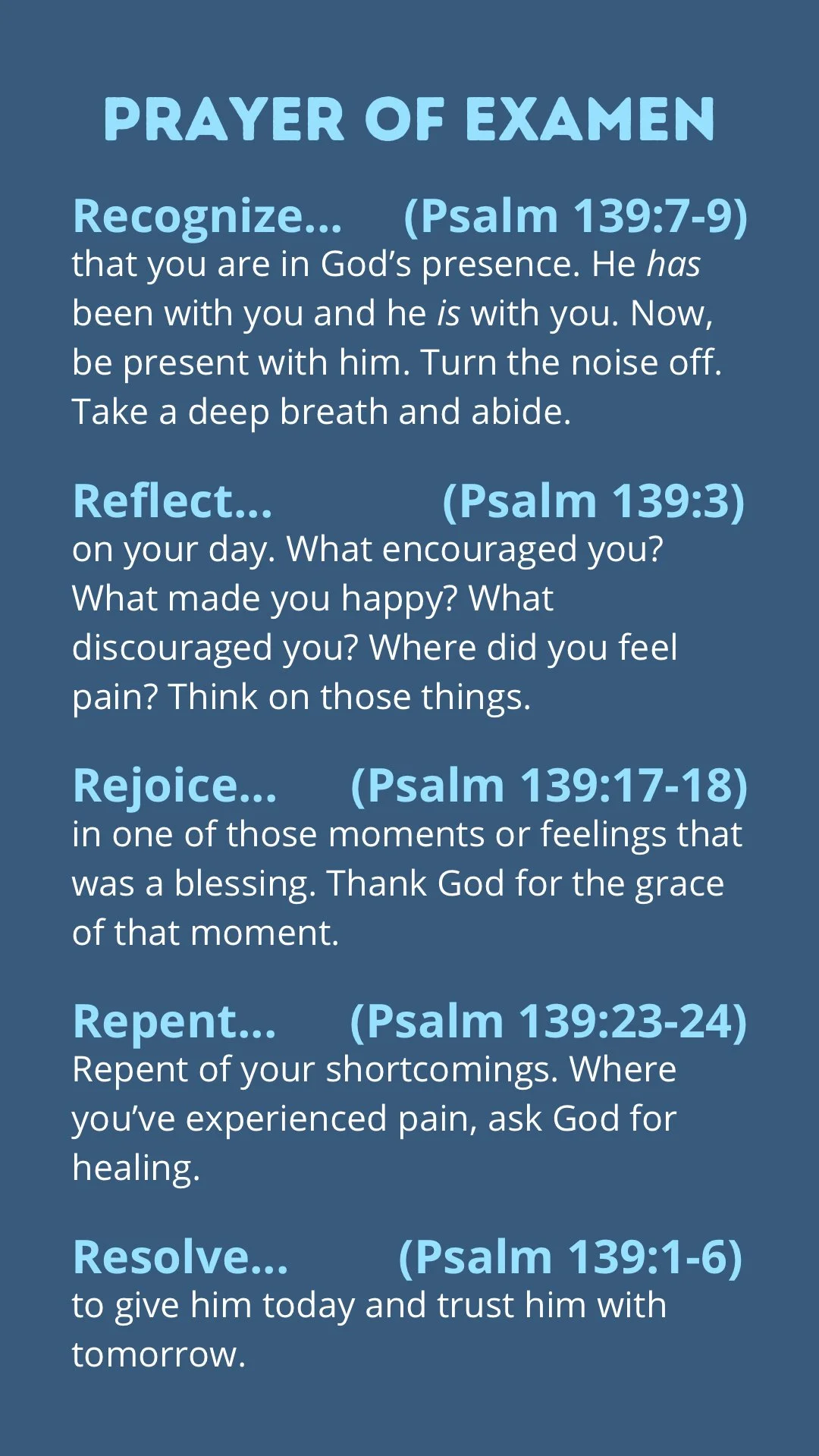Sermon Recap: Resisting the Outrage Culture
Becoming a Redemptive Resistance – Week 2
If there’s one thing our culture seems to reward right now, it’s outrage.
Scroll through your feed for five minutes, and you’ll see what I mean. Anger is viral. It spreads faster than joy, and it’s addictive — the dopamine rush of being “right” or “righteous” keeps us coming back for more.
But as followers of Jesus, we are called to something better — a Redemptive Resistance.
From Reaction to Redemption
Last week, we began exploring what it means to resist the cultural currents that deform our souls. James, the brother of Jesus, helps us take that vision deeper. His words in James 1:19–21 are deceptively simple, but profoundly countercultural:
“My dear brothers and sisters, understand this: Everyone should be quick to listen, slow to speak, and slow to anger, because human anger does not accomplish God’s righteousness.” — James 1:19–20
This teaching is more than a moral tip; it’s a spiritual rebellion against the “Outrage Economy.”
Understanding as the Path of Wisdom
James begins, “Understand this…”
He’s not just saying “know this fact.” In the Hebrew tradition of wisdom literature, understanding meant seeing reality the way God sees it — and responding rightly to it.
Understanding bridges the gap between knowledge and wisdom. It’s not just intellectual; it’s relational. It’s the ability to read people, moments, and motives with grace and discernment.
And in a world built on hot takes and outrage algorithms, that kind of understanding is a rare — and radical — act of resistance.
Three Acts of Redemptive Resistance
1. Be Quick to Listen
Listening interrupts the outrage algorithm.
It’s the draw play against the blitz. When we listen before reacting, we honor the image of God in others above and before opinions.
Being curious doesn’t make us weak. It makes us wise. It allows us to value human dignity above ideological alignment. Listening first is how we resist the pull to dehumanize those who disagree with us.
2. Be Slow to Speak
James doesn’t say “Don’t speak.” He says, “Be slow to speak.”
Being slow to speak isn’t silence — it’s stewardship of a wise and thoughtful response.
Our culture treats words like weapons – grenades to win arguments. But in the Way of Jesus, our words are tools to build bridges with truth and grace.
3. Be Slow to Anger
There is a place for righteous anger — but much of what we call “holy anger” is just worldly anger in religious clothing.
Tim Keller once wrote,
“Righteous anger is directed at evil, proceeds from love, and aims at restoration. Sinful anger is directed at people, proceeds from pride, and aims at control.”
Jesus flipping tables in the temple wasn’t a license for our rage. It was rare, righteous, controlled, and — let’s be honest — we are not Jesus.
Babylon doesn’t just want us to compromise our beliefs; it wants to corrupt our reactions.
If the enemy can’t get us to abandon our convictions, the next best thing is to turn us into jerks.
Before we wield Jesus’ anger, we must first carry Jesus’ heart.
Practicing a Spirit-Filled Response
When you feel the pull to react, try these five habits of a Purposeful Pause:
1) Delay — Resist impulsive reactions.
2) Examine — What’s happening inside me right now?
3) Reorient — What does the Gospel say is true here?
4) Pray — Ask for calm, wisdom, and courage.
5) Seek — Get counsel from Spirit-filled people who don’t need you.
These are simple but powerful ways to practice being slow to speak and slow to anger.
We all need Grace.
The good news is this: even when we fail, grace meets us.
Communion reminds us that Jesus doesn’t rage at His enemies — He feeds them.
He doesn’t clap back at His betrayer — He breaks bread with him.
He doesn’t demand vengeance — He offers Himself.
The Table of Grace reforms us in the Jesus Way.
Here, we release our clenched fists of outrage and open our hands to receive mercy.
We remember that the Lion became the Lamb — and His power is not in reactionary anger, but redemptive love.


